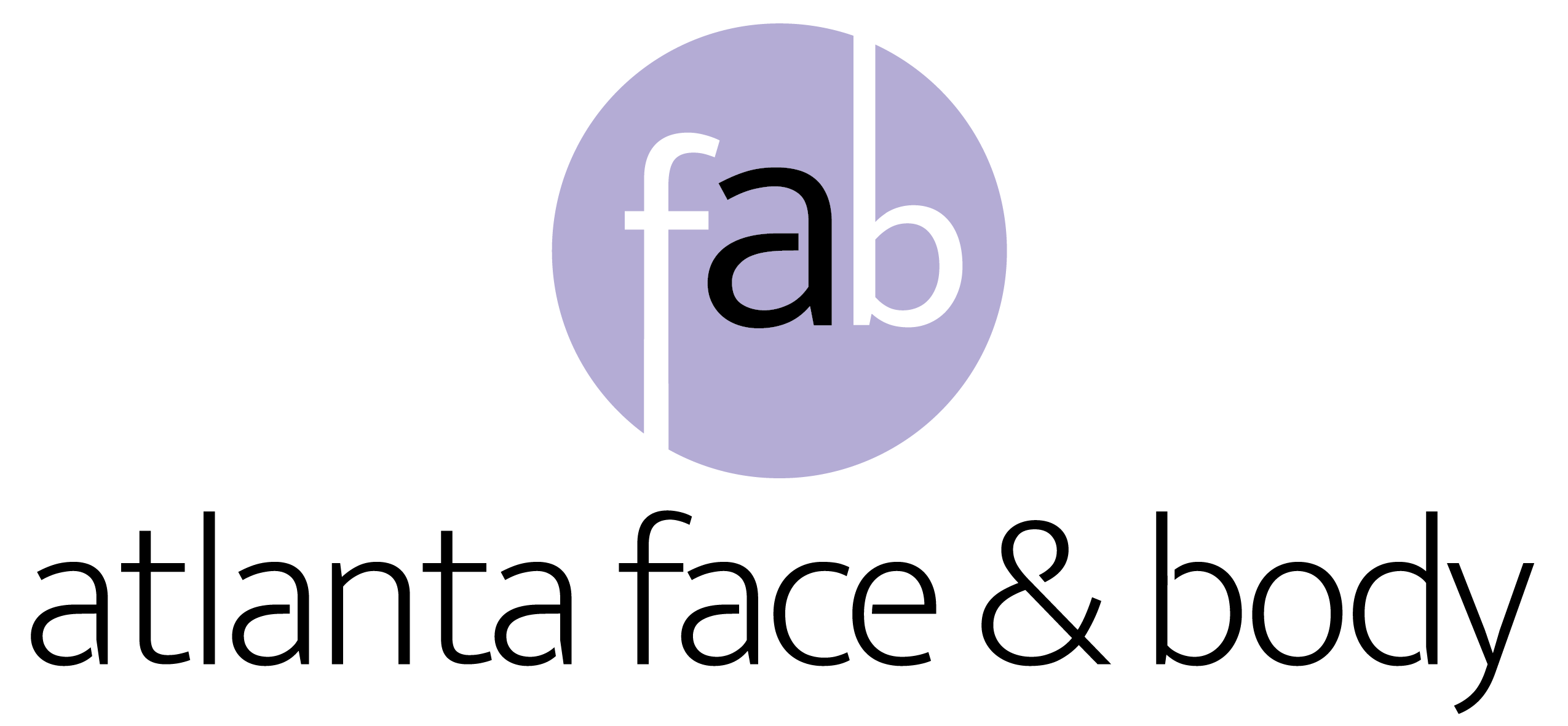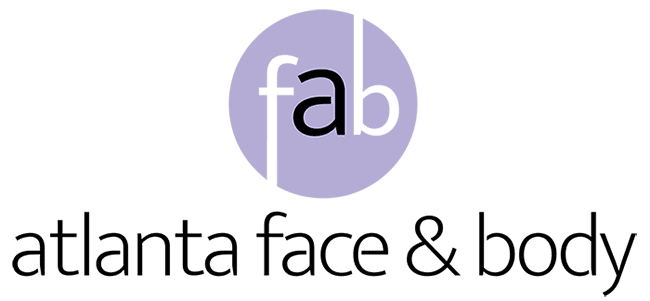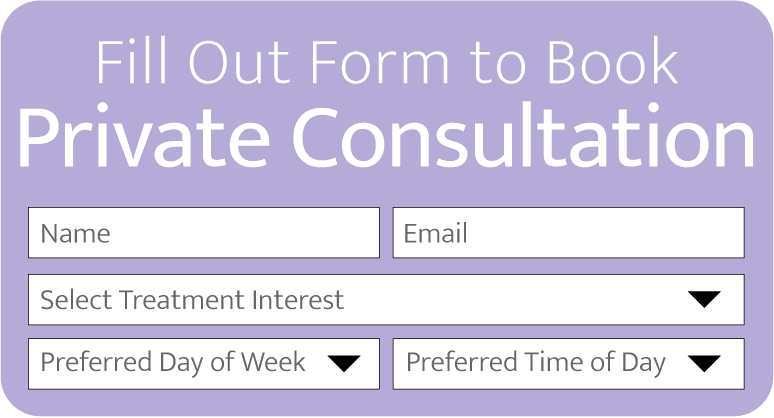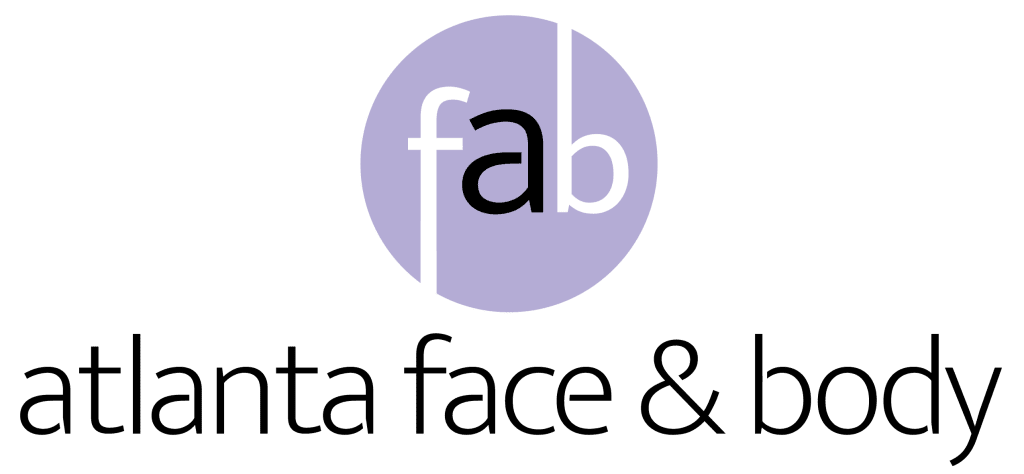It’s safe to say that interest in facial procedures is on the rise again. With most of us easing back into our face-to-face, post-quarantine lives, almost 60% of facial plastic surgeons have reported an increase in bookings. As you might expect, most providers believe a major driving factor is the desire to look better in selfies!
Treatments like facelift and neck lift procedures are more common than ever these days, and for good reason: they offer powerful results, and they’re an exciting way to upgrade your appearance fast.
However, that doesn’t mean they’re easy treatments to prepare for. Like any other surgery, facelifts and neck lifts require a lot of prep. Without a few crucial habit changes and careful planning, you might even increase your risk of complications!
If you’re gearing up for one of these surgeries, make sure you know what to expect. Here’s what you should do in advance to make your procedure a breeze.
Get Your Finances in Order
Depending on the types of facelifts or neck lifts you’re considering, you may need to save up before getting your procedure. Most health insurance policies won’t cover these treatments, so you’ll likely have to pay out of pocket.
The average cost of a facelift hovers between $7,000 and $12,000, while the average neck lift may cost anywhere from $4,000 to $8,000. A huge range of factors can affect the price, so make sure to discuss the specifics with your medical team.
Before you schedule your surgery, your plastic surgeon’s team will help you figure out your payment options. Most clinics offer a range of financing tools, so don’t hesitate to ask!
Stop Using Tobacco Products
If you smoke or use tobacco products, you’ll need to quit at least four to six weeks before your operation, if not earlier. You should not resume smoking for at least four weeks afterward. According to the American College of Surgeons, this simple switch can decrease your risk of wound complications by 50%.
In addition to the major health problems smoking can cause, smoking can cause complications during surgery. Because smoking impacts your heart and lung function, these organs may not work as well as they should during your procedure. Heavy smokers who do not quit are more likely to need ventilators during or after surgery.
It may sound strange that quitting smoking for a few weeks can help, but it’s true. The body begins to recover soon after quitting, with research suggesting that heart and lung function may start to improve within 12-24 hours of quitting.
Smoking can also increase your risk of infection after the surgery. This happens because smoking constricts the blood vessels, which can slow the healing process.
Adjust Your Medications
During your consultation, your plastic surgeon will go over your list of current medications with you. This should include all prescription drugs as well as over-the-counter supplements, including vitamins and herbs.
This helps your plastic surgeon ensure that none of your medications will increase your surgical risk. They’ll also catch any medications that may reduce your body’s ability to heal after surgery.
This is common with drugs that can increase the risk of excessive bleeding and other unwanted side effects. The most common culprits include the following:
- Aspirin
- Ibuprofen
- Naproxen
- Motrin
- Vitamin E
- Omega-3
- Fish oil
- Blood thinners
If you need an over-the-counter pain medication, choose Tylenol.
Your plastic surgeon will give you a timeline for adjusting your medication regimen. In some cases, you may need to reduce your intake of certain medicines or skip them entirely. Your plastic surgeon may also need to consult with your primary care provider.
In some cases, your doctor or plastic surgeon may also recommend supplements that can increase your health or lower your risk of complications.
Protect Your Skin
You should already be maintaining your health with a solid skin care regimen. However, if you’ve fallen behind or you often tend to skip days, make it a point to stick to the schedule!
Moisturize your face at least once every day. We also recommend using a high-hydration serum or moisturizer at night.
You should also be wearing sunscreen every time you head outdoors. Stick to a well-tested, high-SPF product whenever you’re in the sun, and try to wear a hat to cover your face.
Keeping your skin moisturized and protected can ensure that it’s healthy. This, in turn, can speed up your recovery time.
Get a Haircut
If you get any hair treatments on a regular basis, try to make sure to schedule one no sooner than two weeks before your surgery.
Not only can this make it easier for you to maintain your hair with less effort, but it can also prevent harsh chemicals from interfering with the procedure. Hair coloring, perms, and other hair treatments may include ingredients that can irritate incisions if they’re applied too soon before a procedure.
You’ll also need to avoid these hair treatments for four weeks after your surgery.
Adjust Your Diet
A healthy diet can improve your outcomes after any surgery. Think of it this way: if you’ve been eating well for weeks before your procedure, your body will be primed with the nutrients it needs for speedy healing.
There’s no “one size fits all” approach to this step. In general, most doctors recommend a healthy diet of protein-rich foods, nutrient-packed fruits and vegetables, healthy fats, and dairy products. “Slow” carbohydrates like whole-grain rice or pasta are also good choices.
In addition, make sure you’re drinking at least six to eight glasses of water each day. This helps keep your skin hydrated and promotes circulation, which can help jump-start the healing process.
On the flip side, there are also a few things you should avoid.
Limit your alcohol intake as much as possible, as it can contribute to dehydration. Your plastic surgeon will recommend that you stop drinking at least two days before your surgery, if not sooner.
Try to cut out processed foods and convenience meals as well.
Plan for Downtime
Both facelifts and neck lifts require downtime for healing. Once your procedure is complete, you’ll need extra help getting around for a few days.
Tap your social network to find a friend or family member who can give you a ride home after the procedure. You will also need someone to help you with everyday tasks for a while. Even basic chores like cleaning, preparing food, and maintaining hygiene may feel strenuous at first.
We recommend having someone stay with you for at least 24-48 hours after your surgery. After that, try to have someone on call in case you need help with anything.
You may also need to make arrangements for childcare support. Don’t forget to schedule time off of work as well.
Most patients take one or two weeks off of work. It takes time for redness, bruising, and swelling to go down, and most patients aren’t comfortable jumping back into their usual activities right away. Figure out how much time off your workplace will allow, and discuss your needs with your plastic surgeon.
Prepare Your Home
In addition to arranging for a helper to stay with you, it’s a good idea to prepare your home.
It can take anywhere from six to eight weeks to recover from a facelift. The average neck lift may take only two to four weeks. You’ll want to ensure your comfort during this entire recovery period.
Many patients swear by meal prep in advance. Stocking the pantry with easy meals or cooking and freezing meals can make it easier to eat during your recovery. Some patients also schedule a meal subscription service during the weeks after their procedure.
Stay on top of your household cleaning in the run-up to your procedure. Keeping the space tidy allows you to rest in the days after your surgery without worrying about your usual chores.
You may also want to arrange a space where you can rest. Most patients choose to do this in an area with easy access to entertainment, such as a television.
You’ll need to keep your head elevated for the first few days after your surgery, so find or buy a pillow you feel comfortable sleeping with. Triangular wedge pillows are great, if you have one.
Clean or change your bed sheets the day before the procedure. This can keep you from going through the hassle of changing them for a while as you recover.
Make sure you have a nearby space for anything you might need, as this can keep you from getting up as often. Phone chargers, water bottles, books, and devices for entertainment should be within easy reach.
For the first few days after the procedure, we also recommend using comfortable clothes that you don’t have to pull over your head. Button-up sleeping shirts are a great option.
Last, but not least, stock up on ice packs. No one wants to reach for a bag of frozen peas when their skin starts to ache!
Attend Your Pre-Op Appointment
Your plastic surgeon will schedule a pre-op appointment between one and three weeks before your surgery.
This is a good opportunity for your provider to go over the surgery plan with you. They will remind you of any upcoming requirements, including many of the ones on this list, and go over any logistics of the procedure and your recovery needs.
Come prepared with any questions you have, and don’t hesitate to bring the caregiver, relative, or friend who will be helping you with your recovery.
Fill Your Prescriptions
A few days to a week before your procedure, your plastic surgeon will provide you with prescriptions for pain medications. Though you obviously won’t need these until the day of your surgery, make sure to fill them in advance.
This ensures that you won’t have to go out of your way to a pharmacy on your way home from the procedure.
Relax
The day before your procedure, try to relax as much as possible. Avoid any unnecessary stress.
This is a great opportunity to indulge in self-care. Take a warm bath, read a good book, or do some relaxing yoga.
Follow Your Pre-Op Instructions
When you’re getting a facelift or neck lift, your plastic surgeon will provide special instructions for the last few days before the procedure. These may differ from patient to patient, but you’ll often have to follow a few general guidelines.
Your plastic surgeon will recommend showering or bathing the night before your surgery. You’ll need to clean your face, neck, hair, and scalp well. This can help remove any bacteria that might increase the risk of infection.
After midnight before your surgery, you’ll need to stop eating or drinking anything, including water. Be sure to have a hearty meal at dinnertime. If you do eat or drink, your plastic surgeon may have to cancel your surgery.
If you need to take any prescribed medications, you can do so with a small sip of water.
On the day of your surgery, wear something you can open from the front. Button-up, zip-up, and tie-front clothes are ideal. Make sure these clothes are loose-fitting and comfortable to help you relax.
Make sure you arrive on time! Your trusted caregiver should arrive with you and be prepared to drive you home.
Don’t wear any makeup, sunscreen, lotion, or other facial products that can interfere with your surgery. You should also avoid wearing jewelry, and you’ll need to remove any body piercings on your face and ears. Don’t apply perfumes, colognes, hair products, or deodorants either, and opt for glasses instead of contact lenses for the day.
Get Ready for Your Facelift and Neck Lift Procedures
Getting a facelift and neck lift can be a life-changing experience, but you’ll also need to do some work in advance! To maximize your results, make sure to follow the best practices above, as well as the specific instructions from your provider. This ensures the best neck lift and facelift experience as well as a low risk of complications.
If you’re wondering how to get tight skin and a youthful look, Atlanta Face and Body is here to help! Our double-board-certified plastic surgeon, Dr. Elizabeth Whitaker, has performed over 5,000 neck lifts and has the treatment down to an art and science. To schedule a consultation, get in touch with us today.











